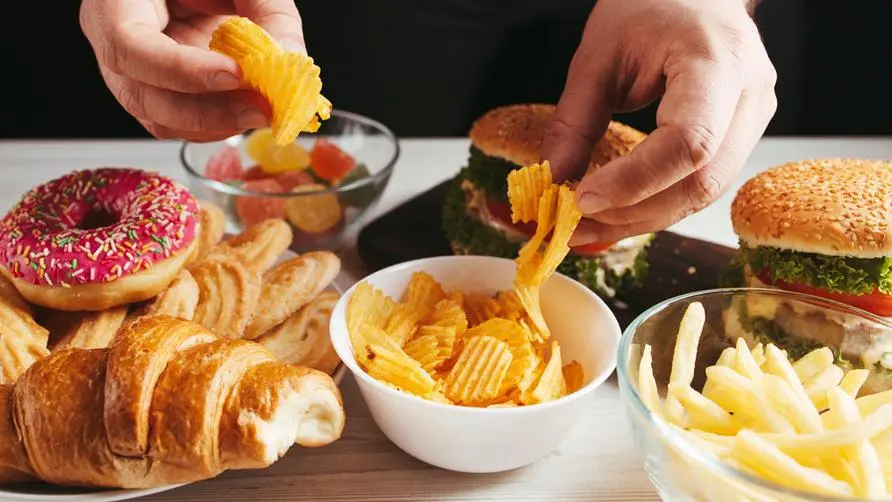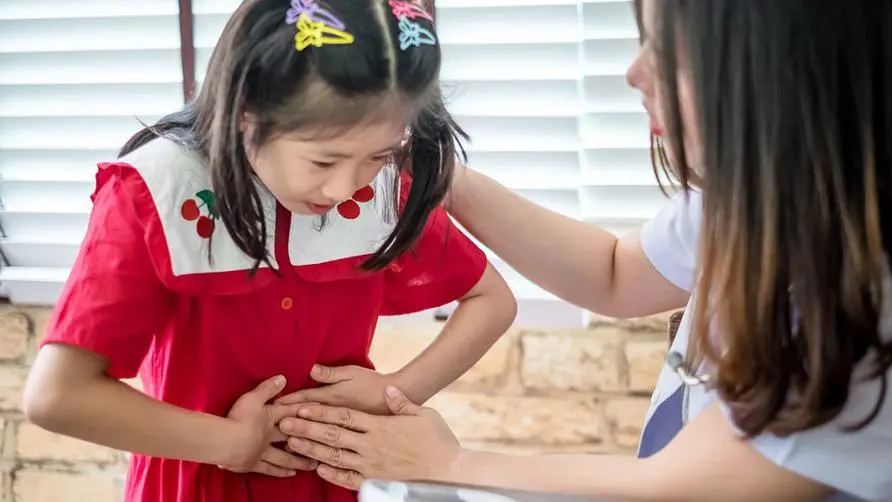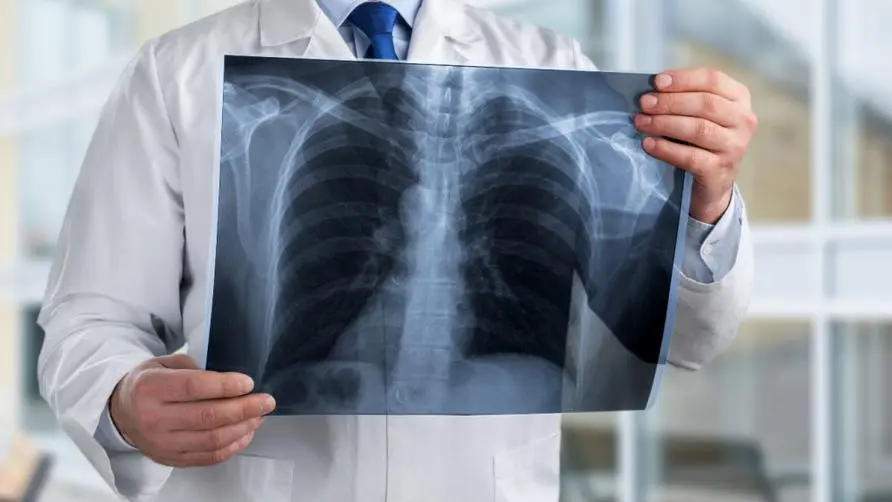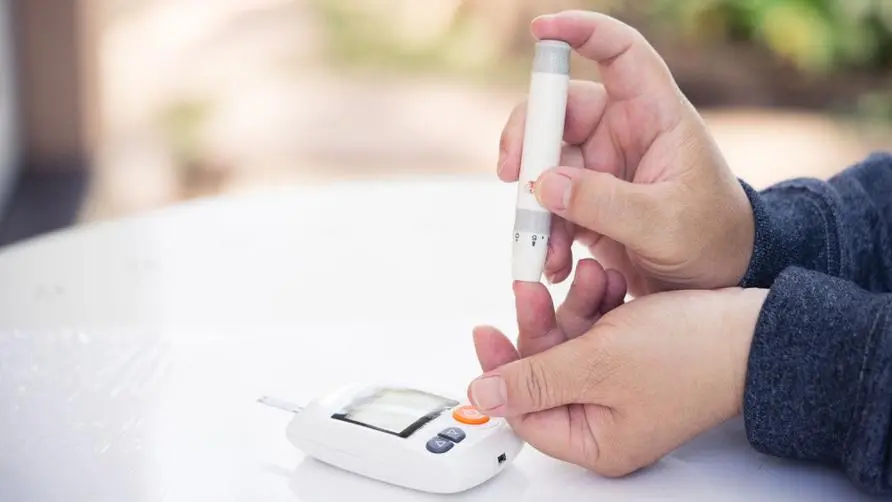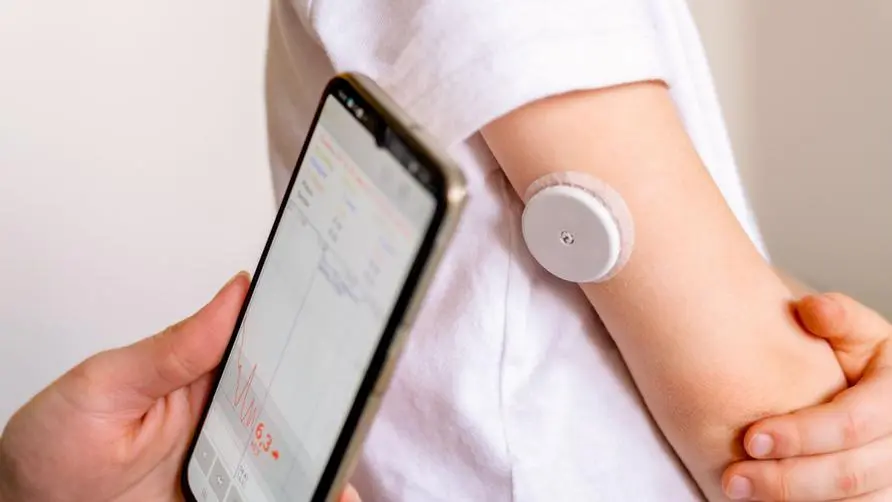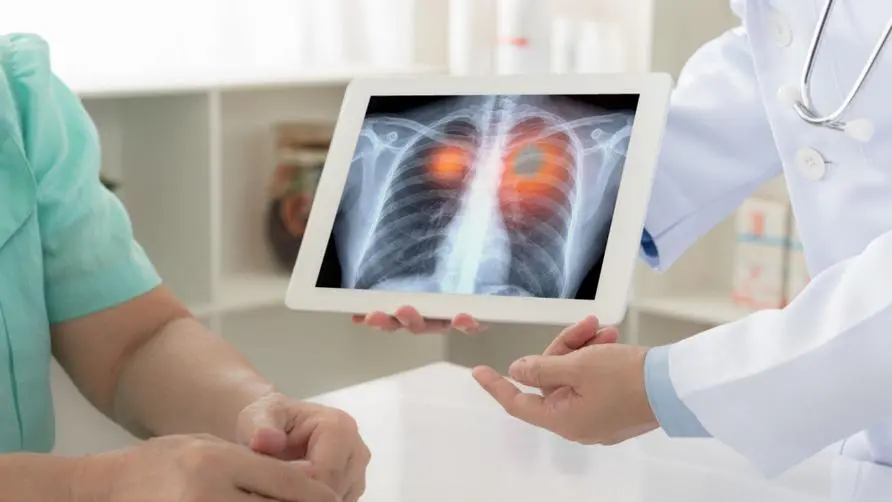Elderly people take medicine on time and still have accidents. Is it related to "drug side effects"? Pharmacist reveals the most difficult "8 major situations"
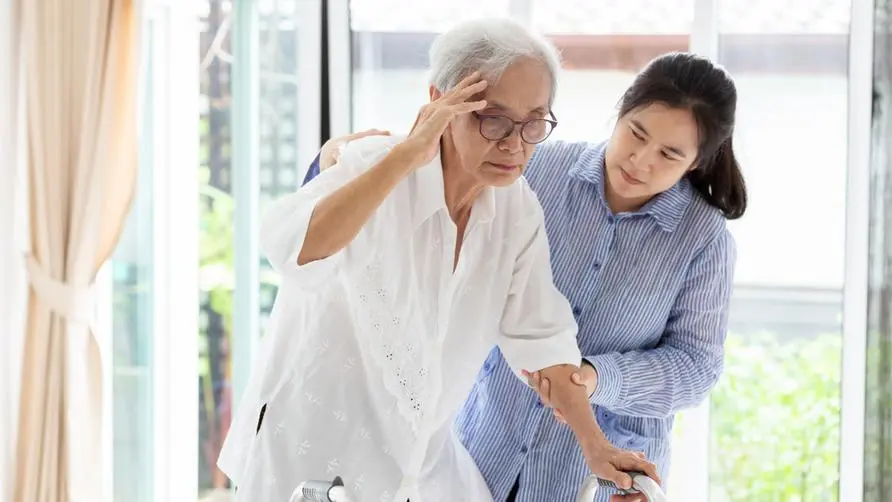
Elderly people taking medicine on time but still having accidents may be related to “drug side effects”?
An unexpected situation when taking care of an elder at home may be related to the “drugs” he takes? “Eternal Life Pharmacist Ji. Pharmacist You Peiwen” stated in a social post that people or caregivers are often prone to encounter various emergencies when taking care of their elders, such as dizziness, fainting, sudden chest tightness, and even unconsciousness. ; Even if the elderly are supervised to take their medicines on time, accidents still happen in an instant.
Pharmacist You Peiwen said that the above situation is significantly related to whether the knowledge of “medication management” is complete. When taking care of their elders, many caregivers focus on the “curative effect” of medications for chronic diseases rather than on managing the potential “side effects” of medications. Judging from the common emergency conditions of home caregivers such as fever, acute allergies, dizziness or changes in consciousness, fluctuations in blood sugar or blood pressure values, difficulty breathing, cardiovascular problems, gastrointestinal problems, and urinary tract problems, it may indeed be related to the side effects of drugs. related.
How important is it to stay on top of medication side effects? It’s like carrying a “first aid kit” with you
What is the relationship between the occurrence of home emergencies and medications? Pharmacist You Peiwen explained: “For example, common drug side effects include hypoglycemia, hypotension, dizziness, falls, excessive sleepiness, bruising or bleeding, acute allergies, darker urine or feces, and edema, etc.”
Emergency symptoms often caused by disease may be cardiovascular emergencies, hyperglycemia, dyspnea, confusion, epilepsy, edema, oliguria, infectious diseases, hematuria, fever, gastrointestinal bleeding or terminal symptoms, which are not exclusive. same. “Understanding the difference between the side effects of medications and emergency illnesses for the elderly is like carrying a ‘first aid kit’ with you, helping caregivers prepare for unexpected situations!”
Pharmacist You Peiwen took diabetes, which is common among the elderly, as an example. Some people who use hypoglycemic drugs are prone to “hypoglycemia” problems, which may even be life-threatening. “When the blood sugar value is lower than 70 mg/dL, it meets the definition of hypoglycemia. At this time, caregivers must pay special attention to potential symptoms, such as hunger, rapid heartbeat, difficulty concentrating, weakness, trembling, sweating, dizziness, etc.; severe Sometimes it may even cause blurred vision, incoherent speech, unconsciousness or coma!”
How to deal with “sudden hypoglycemia” in the elderly? Pharmacist: If there is no improvement in 15 minutes, seek medical attention immediately!
As for the emergency situation of sudden hypoglycemia in the elderly, how can the caregiver handle and resolve the crisis? Pharmacist You Peiwen said that when the above symptoms of hypoglycemia occur, the blood sugar value should be measured immediately. If it is less than 70mg/dL, 1 serving must be added immediately (15g, approximately equal to 3 sugar cubes, 150 cc juice/soda/cola, 1 spoon of honey) of sugar; if it is less than 50 mg/dL, 2 servings of sugar need to be added. If the hypoglycemia does not improve after resting for 15 minutes, seek medical treatment immediately.
Finally, Pharmacist You Peiwen said that if your relatives, friends or elders at home have frequently experienced nighttime hypoglycemia recently, you must pay special attention to the symptoms that occur, and you can use continuous glucose monitors and other equipment to understand the patient’s blood sugar status in real time. “Managing the efficacy of medications for chronic diseases must also manage the potential side effects of medications, so as to ensure the safety of patients’ medication as much as possible and help reduce the burden on caregivers!”
Further reading:
